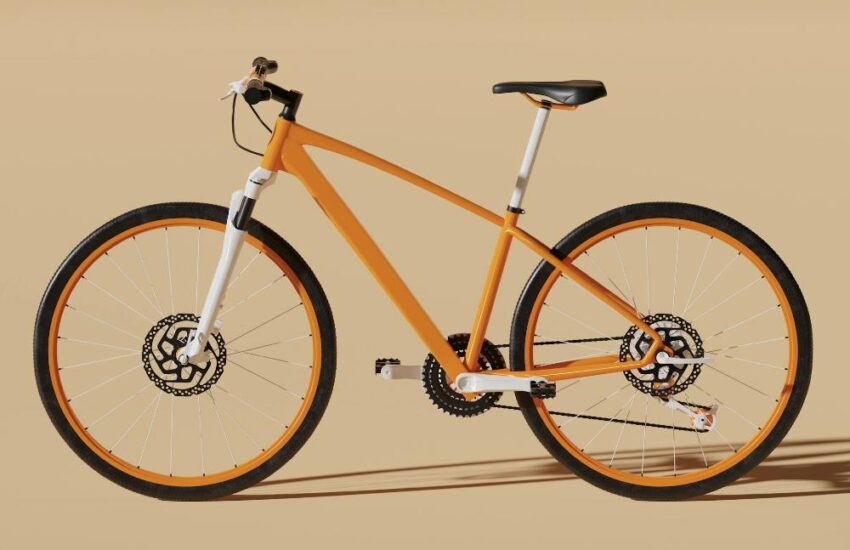Keeping data safe while traveling: a guide

Every day, travellers passing through airports, train stations, and lounging in cafes expose their data to ruthless criminals. They don’t do this consciously: by innocently logging onto a wi-fi hotspot set up by a hacker, they reveal passwords, browsing habits, conversations, and other information which can be used to turn their lives upside down.
While you may have never been victimized by a cybercriminal, tactics are becoming more advanced every year. Stop flirting with disaster – up your web security game in 2018 so you won’t end up becoming just another statistic.
Get a VPN
Standing for Virtual Private Network, a VPN is an application which encrypts data sent and received by your computer. Used by privacy-seeking web surfers for years, connecting to a trusted VPN is one of the best ways to keep your passwords and communications safe when you are forced to access public internet hotspots.
Don’t wait until you have travelled to your destination to download VPN software either, as many nations like China regularly maintain blacklists of sites which provide these programs. Install them on your computer before you go – not only will you be keeping data safe while traveling, but you’ll also be able to access sites which are blocked in these countries.
Purchase a local SIM card
From spoofed ‘Free Airport Wi-Fi’ hotspots to hackers who hang out all day in cafes waiting to victimize people, it can be risky to trust your data to unfamiliar routers while abroad. However, if you are willing to spend a bit extra, you can have your own dedicated mobile connection to the internet. By purchasing a local SIM card for your unlocked smartphone, you’ll be able to bypass all the dodgy routers you’ll encounter on your travels. Use a laptop regularly? By tethering your phone to your computer via USB, you’ll be able to do work or access online banking without having to worry about your passwords or financial information being exposed to unsavoury characters.
Avoid unsecured wi-fi
Sometimes, you’ll have no choice but to make use of a wi-fi connection, or you might be on a strict backpacker’s budget. In these cases and others, minimize your risk by ensuring the hotspot is properly secured. When you bring up a list of networks on your phone or laptop, make sure to only to choose those that prompt you for a password before connecting. These are designated by the presence of a lock or the absence of a caution icon (a yellow triangle sign with an exclamation point). Don’t be fooled by unsecured networks which force you to log in via a landing page – these interfaces are easy to hack, offering you no security against a crook who knows what they are doing.
Try to avoid using public terminals in web cafes
A common communication hub for travellers during the early days of the web, the internet cafe is now a high-risk environment. Many of these outfits are poorly run, as some lack anti-virus protection, or their PCs are guarded by software which isn’t updated regularly. If you must use these terminals, make sure it is protected by anti-virus software before entering any passwords. Even then, it is advisable to make use of an on-screen keyboard to enter passwords. They are found in the ‘Ease of Access’ folder within the ‘Accessories’ folder on PCs run by a Windows OS.
This measure will protect you against keylogger viruses that track keystrokes – this might sound like a paranoid suggestion, but it is better to be safe than sorry when it comes to keeping data safe while traveling.
Keep anti-virus programs up to date
While most computer owners have their anti-virus program’s auto-update switched on, some disable it, as these updates can seriously slow down your PC. If you are in the latter camp, Keeping data safe while traveling will be a more difficult task, as you will be relying on willpower. You’ll need to get in the habit of manually downloading updates once per week after you have finished using your computer for the day. These behaviours can be hard to form, though, so we recommend re-enabling auto updates as soon as you have finished doing whatever prompted you to disable them in the first place.
Download a specialized browser
If keeping data safe while traveling is our top priority, we must embrace all the tenets of web security discussed above. However, there are so many moving parts to the process that some can get overwhelmed by it. Fortunately, programs like getcocoon.com have made web safety and privacy a simpler task to manage. By combining VPN, anti-virus, and anti-tracking functions all in one browser, they are the perfect solution for travellers who just want to be safe on the web without having to become a cybersecurity specialist in the process.
Conclusion
The world has changed and with all the benefits and conveniences of technology, come new threats. Ensuring your data is safe is just one more thing you’ll have to consider in life, not just when you’re traveling. The reality of the matter is that like with most things in life, knowing is half the battle with implementation being the other. If you know that your data can be at risk and you know how to take basic steps to protect it, you’re way ahead of the game and likely won’t fall victim to data theft.
As always, safe travels and stay safe online and off!
Tips hat,


